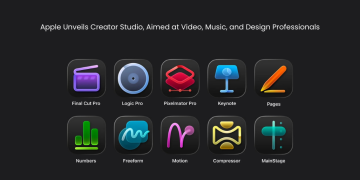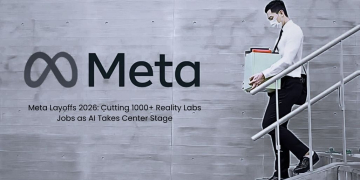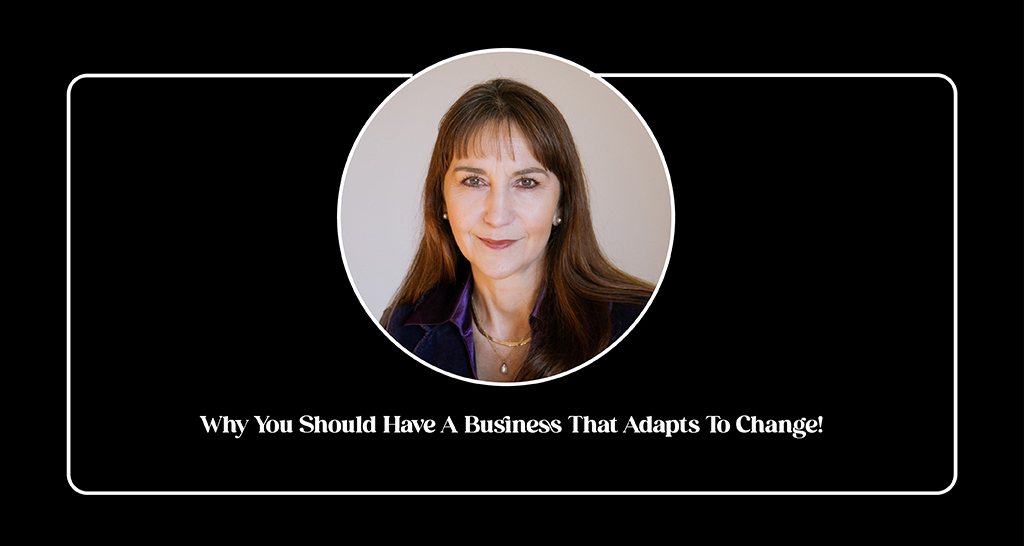Bio
Sue Firth is a Business Psychologist, Performance Coach & a leading authority on stress, resilience, and managing change. She is also an author and helps CEOs and senior executives manage their work, life and become more resilient. She works both with groups and individuals.
She is an international speaker & presenter and holds both a Batchelor of Science and a Master’s degree. She regularly appears in the media & press, has an established social media following and has been a guest/expert on ITV and the BBC.
She currently runs a thriving online and face to face coaching practice. Sue aims to make a difference to the way people think and to teach them how to moderate their own habits to reduce any difficulties they have, whilst still maintaining their effectiveness. With extensive experience in consulting at strategic level for both the management of change and the implementation of stress programmes to support employees, she is well placed to offer insight to guide people. Used to professional speaking, she regularly travels abroad as well as frequently working with medium to large corporates in the U.K. She is an expert in Leadership Resilience and Sustainable Performance as she has recognized the need to enhance a person’s attitude and approach when working in high pressure situations.
She has worked with many high-profile corporate clients including National Grid plc, Lloyds Bank, Curry’s, and Seddon Construction. She’s also worked with Sun Microsystems, and British Aerospace in the past.
She has written several books including ‘More Life, Less Stress’, ‘Taking the Stress out of Leadership which are available on Amazon, and ‘Understanding Relationships’ available from her site. She regularly appears on the Radio and television and runs her own podcast.
Introduction
Right now, business is very changeable. I have been a Business Psychologist for over 30 years, and I have seen a great deal of change in that time. In my experience, the businesses that can adapt and flex in response, are more likely it seems, to do whatever they can to thrive
We have all come through an unprecedented time given the impact of Covid and more recently a change in government. How each of these events has affected your company is significant, but taken as a group, the effect has compounded the need for businesses to react quickly to situational demands.
The point is that we have already been through meaningful change, but more demands are coming. The impact of AI is interesting, and we are variably exploring how we can use it. There is pressure from our governments to be greener, use less plastic, heat our offices with less environmental impact, and these are some of the issues we are dealing with. Add to that the same pressures to keep our current teams happy, manage non-performers, and maintain client expectations, and it can feel overwhelming!
Part 1: Change is Normal
Senior people it seems to me, are often able to manage change quickly. In their minds senior teams (the SLT), are ‘living’ in the future, both in terms of the vision they have for the business, and the practical way in which that vision plays out. Their focus is toward the progressive achievement of that vision.
In contrast, staff are often living in the present day, the here and now. This makes it vital that they can relate to what the senior team want and translate that future vision into practical steps that incrementally get the business to where the ‘vision’ wants it to be. It is always possible that this does not happen exactly as planned, simply because of the need to be flexible. This allows for issues that did not exist when the team discussed the vision. But it makes it even more important to help your staff understand what ‘good’ looks like and how to rapidly adapt so that they do not slow down or freeze. Freezing is resisting the changes. But what it really means, is staff cannot understand or prioritise, or they are not on board for what might be vital reasons. Their previous experience of change implemented by yourselves, or others, could have been poorly handled. This impacts how they trust the process or that they will feel ‘heard’ if they ask for more information.
Translation of the vision is not simple. It is a practical step by step implementation process that relies on the frequency of meetings, the monitoring of KPI’s and the patience to deal with issues that come up. When executed well, it also encompasses regular feedback from staff so that the pace can slow down, the process adjusted, or customer feedback considered. But all this takes time! So, it is not by accident that I often get involved with the implementation process because senior teams have moved on to the next change before this one finishes. They may do this out of necessity or because an opportunity comes along that requires their attention, but it can be difficult for them to monitor what is happening.
The issue is that staff can feel overwhelmed. This has two resulting effects. The first, is they can be unable to work out what to focus on (because all the objectives feel an equal priority). This does not work well. The second is that people polarise into those who manage change well, and those who do not. At its most frustrating level, this becomes a further distraction and slows the process of implementing a project, process, or system, down.
Conclusion
Change is normal but not everyone likes it. People can get rapidly stressed. The stress response occurs when something feels too much for us. Fear triggers this and what triggers fear can be simple. Our past experiences demonstrate if we have managed situations well, both large and small. With either, if you are quick to reframe a situation and plan what you need, or what you do then you can build confidence around that situation. If instead, there is little direction, even less support and management are slow to react to this pressure, then staff can get extremely nervous around change.
Understanding Change and What it is
All of us like our comfort zone. A comfort zone is a literal place so it might be your home where you feel at ease, but it is also a psychological place.
There are ‘tools’ we use. We learn to apply them which helps us cope with a variety of experiences, even uncomfortable ones. The first tool is having control in a situation. If we have enough control then it helps as does how confident we are in our own abilities. Equally, if we have a choice about things we respond well. This might be a choice about the pace of something.
Other tools are how capable we feel, meaning how skilled we are. Then it is about how familiar we are with a new situation. Then if we trust the person or people who ask this of us, it becomes easier too. Even unpalatable situations are tolerable if we know the person who is asking it of us. What this suggests is that our comfort zone has a purpose for all of us. It represents a safe place, but we need to work at exploring the area above it. Periodic and short-lived experiences that push us can be positive with a bit of effort and understanding, but consistent exposure above your comfort zone, tends to trigger stress. This is why change can alter our ability to cope even with everyday things, because of the cumulative exposure to being out of our comfort zone.
If you are a manager reading this, I would urge you to think about which of these tools you can play with or influence, to help your staff manage the project they are undertaking. If you are an individual experiencing a lot of change, perhaps analyse which tools you can draw on to help you settle, either to ‘this will get easier if I (and think of what is needed) or if I ask about ‘x, y, or z’.
Saying to your manager “I’m out of my comfort zone” has never usually been something that helps much but that is because managers often do not appreciate what has triggered that feeling in you. Therefore, they may not realise what they can do to help.
In my experience, the remedy for stress is action. So, to help a person, or seek help yourself, means to encourage an understanding of what is happening, why it is happening now and what your Boss can/ will do, to help.
To recap:
Being in your comfort zone may be a familiar feeling but it is not realistic for life. Growing and altering your perspective, skills, and confidence, comes with development. It also occurs when you challenge yourself. and sometimes produces stress. It is preferable not to be under prolonged stress but it’s reasonable to expect some situations will ask more of us than we might like. Instead of ‘fighting’ that, try to appreciate how it has happened, what you can do about it, and begin by re-thinking the issues and using different tools.
By Sue Firth, Organisational Psychologist






